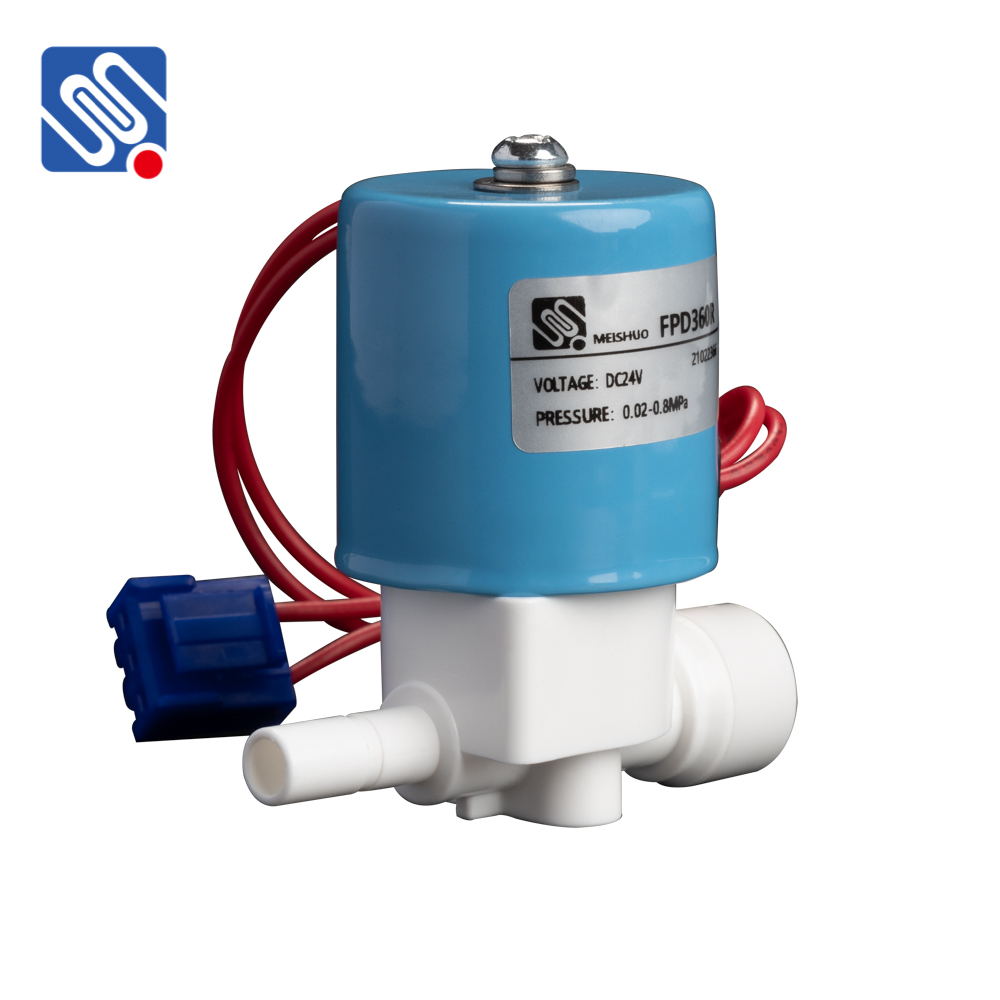Watering systems play a crucial role in modern agriculture and landscaping, providing an efficient and controlled way to irrigate plants, lawns, and crops. One of the most essential components of an automatic watering system is the solenoid valve, which helps regulate the flow of water through the system. This article explores the functionality, importance, and benefits of the watering system solenoid valve, offering a deeper understanding of how it contributes to effective irrigation.

What is a Watering System Solenoid Valve? A watering system solenoid valve is an electrically operated valve that controls the flow of water in an irrigation system. It works by using a solenoid – an electromagnet that, when energized, either opens or closes the valve to allow or restrict the passage of water. These valves are typically part of a larger automated watering system, and they are controlled by a timer or controller to ensure that water is delivered to specific areas at predetermined times. The solenoid valve is usually installed at various points in the irrigation system, such as at the entry points of different zones within a garden or farm. Each valve controls the water flow to a specific zone, allowing for customized irrigation schedules and water conservation.
Leave a Reply